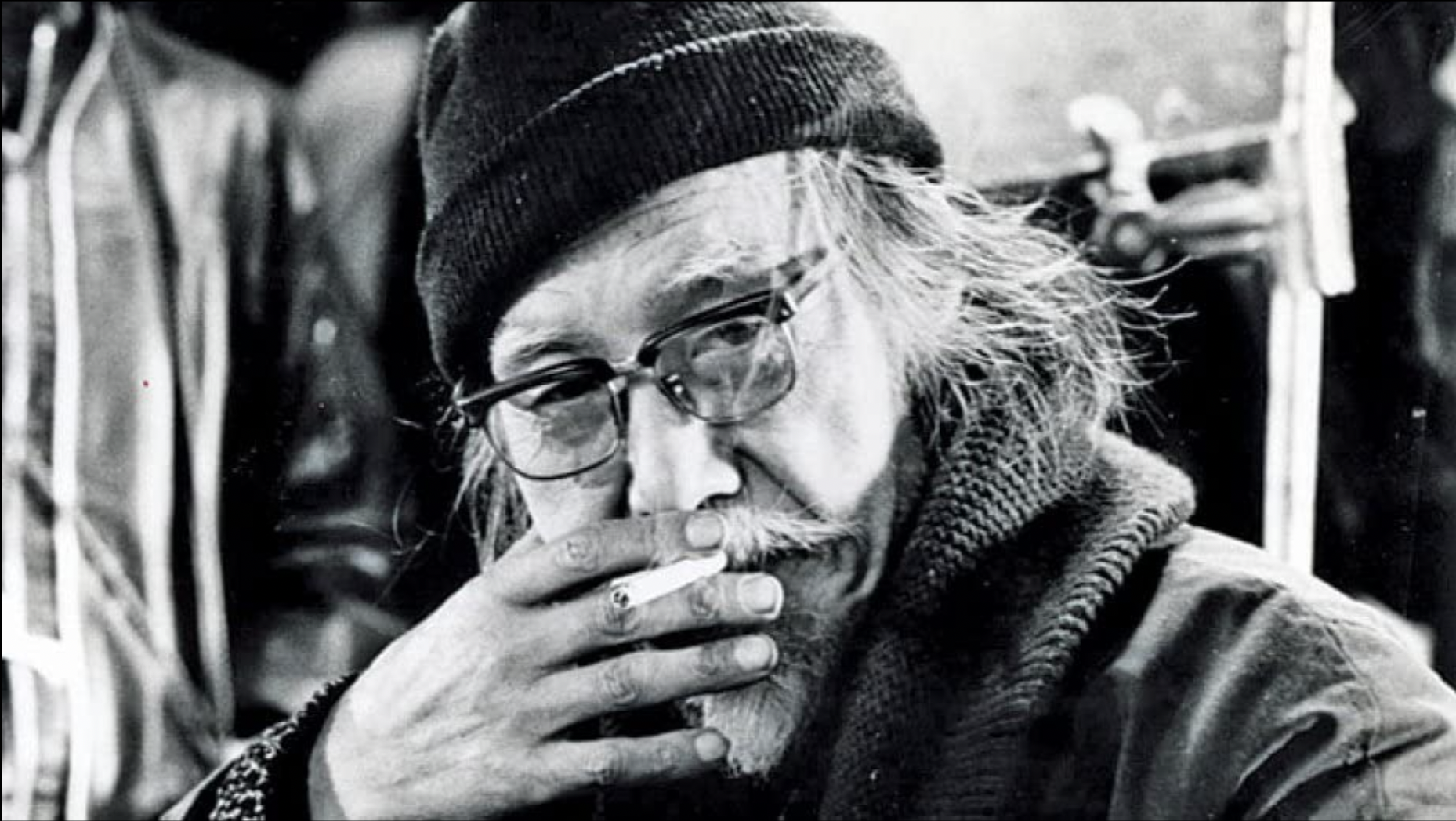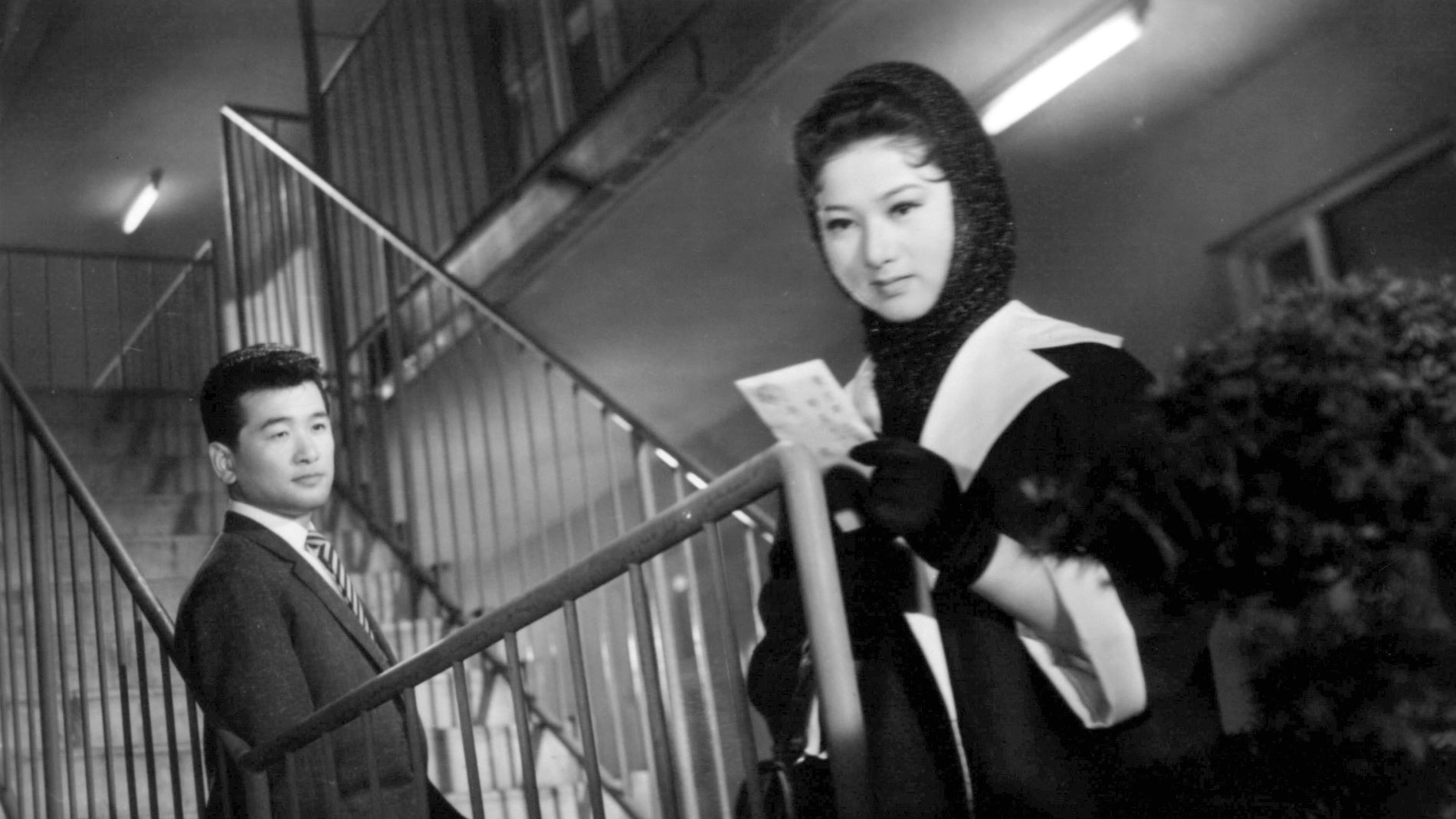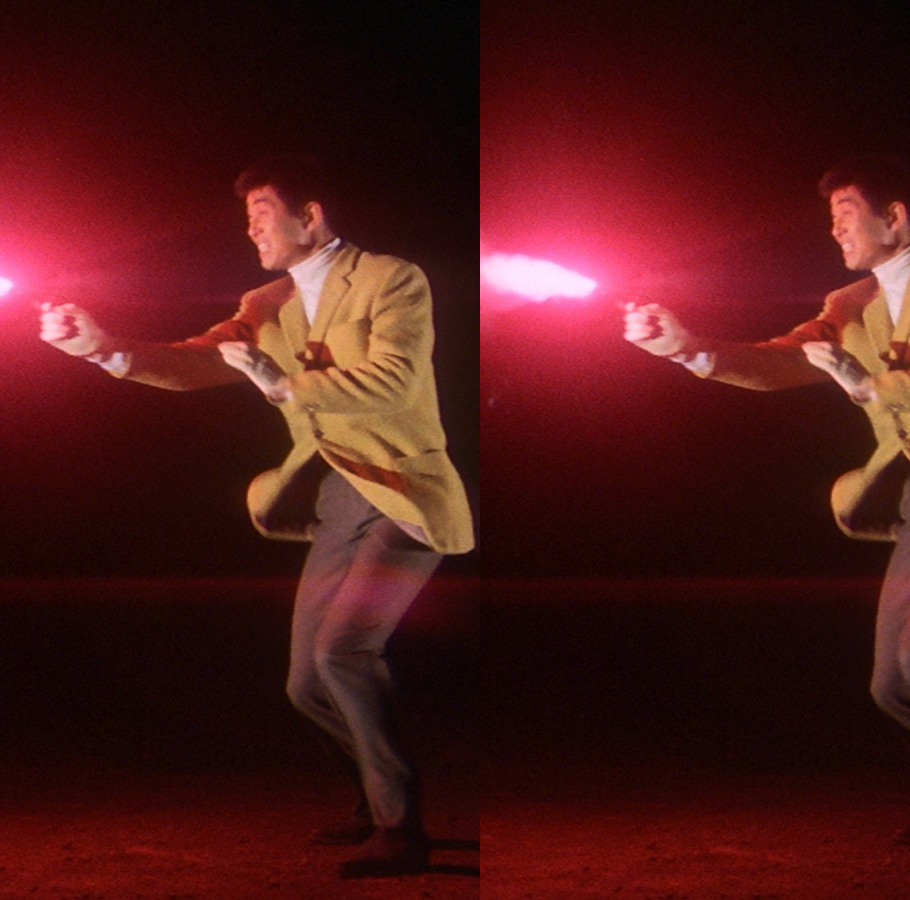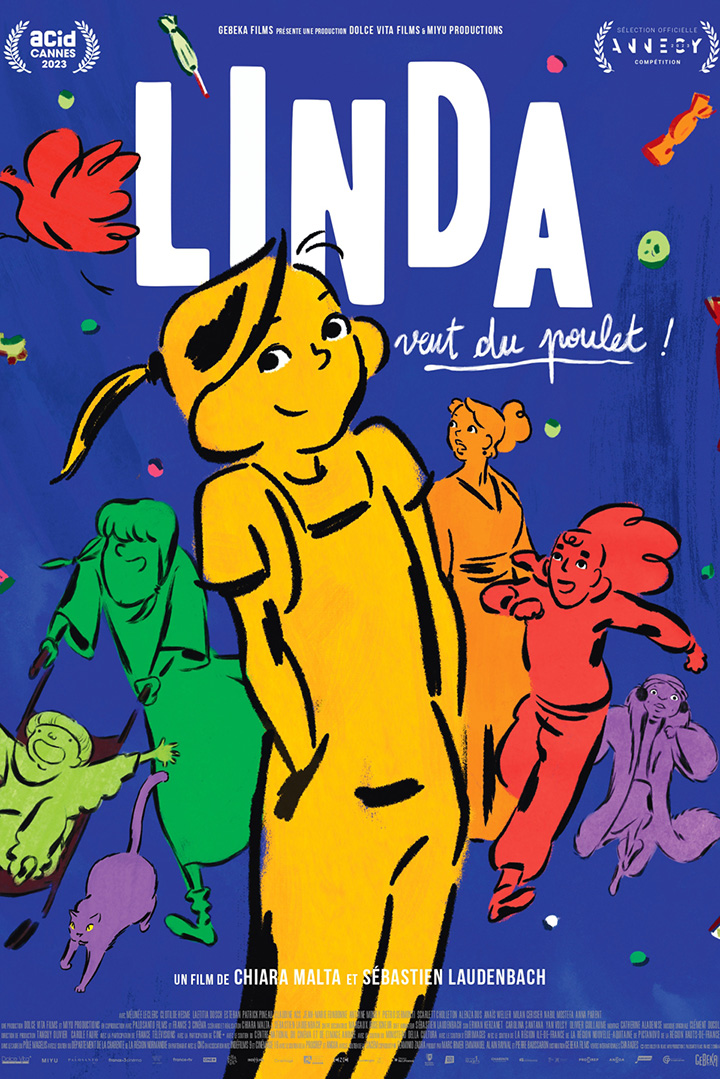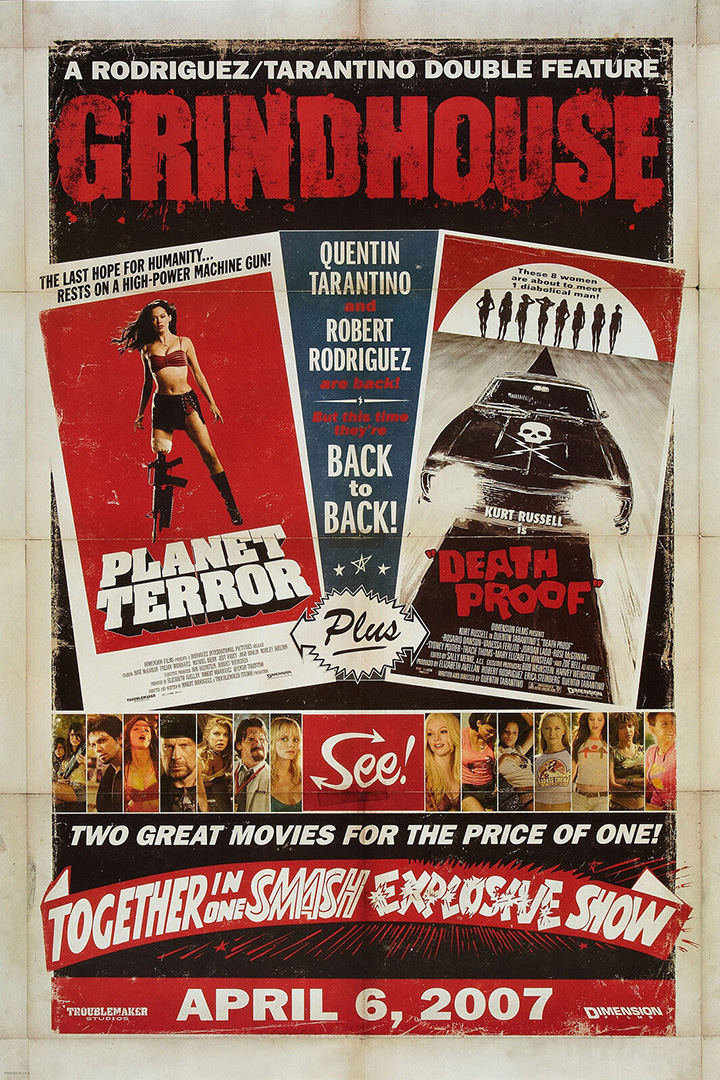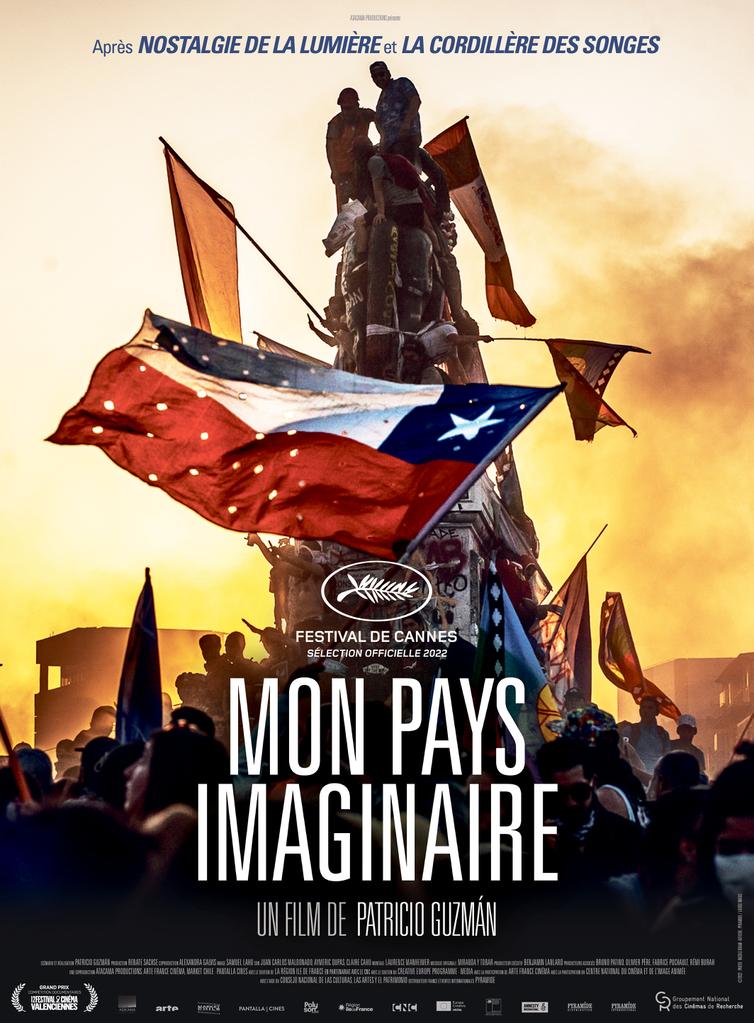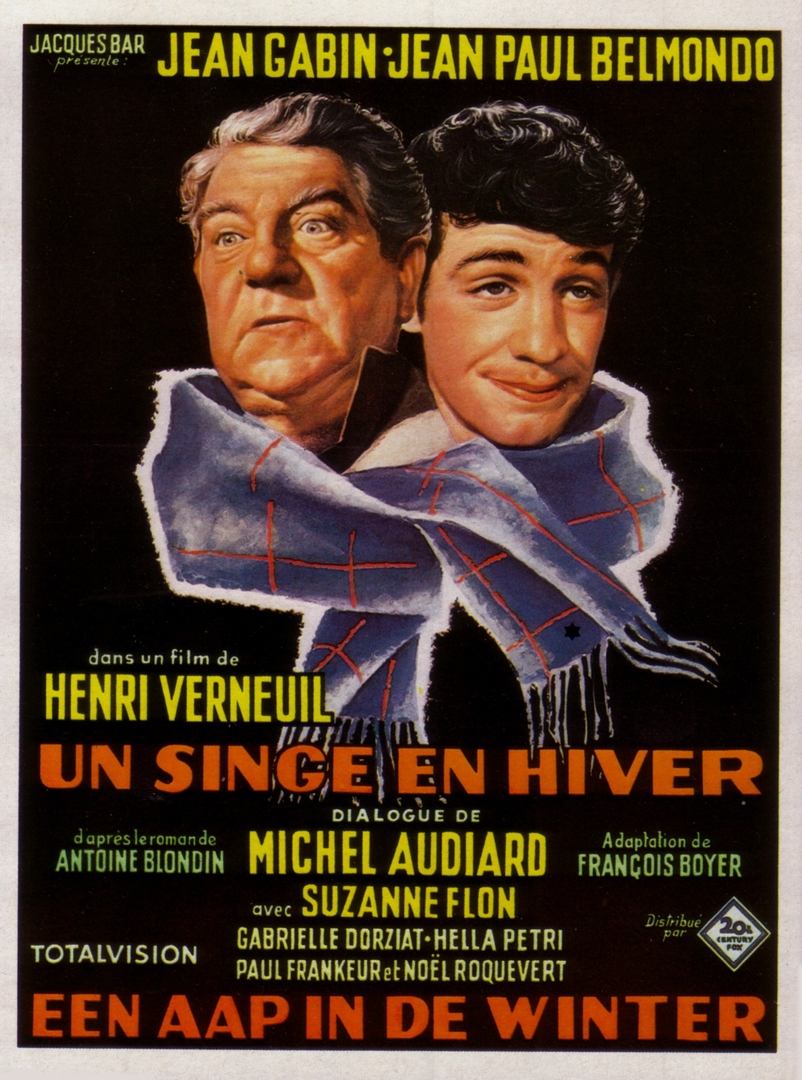Love Letter
Avant-gardist, sulphurous and indomitable, Seijun Suzuki never stopped experimenting during a career marked by his dismissal from Nikkatsu studios in 1967. His aesthetic radicalism and his daring detour of genres had a head start. From Jim Jarmusch to Wong Kar-wai, many contemporary filmmakers have claimed his influence. As Suzuki would have been 100 years old this year, we present the six 35mm prints imported for the occasion by the Japan Foundation. This rare set allows us to cross the filmography of the filmmaker, from his beginnings to his return in the 1980's through the cornerstone of his work that is Tokyo Drifter.
The manager of a nightclub is in love with his pianist. However, she has a ranger boyfriend who has been permanently assigned to the mountain wilderness. They communicate only by letter. As time goes by, the correspondence dwindles to nothing. Then nothing. The director persuades the girl to visit her friend. She does so, but she is not at all prepared for the strange discovery she will make.
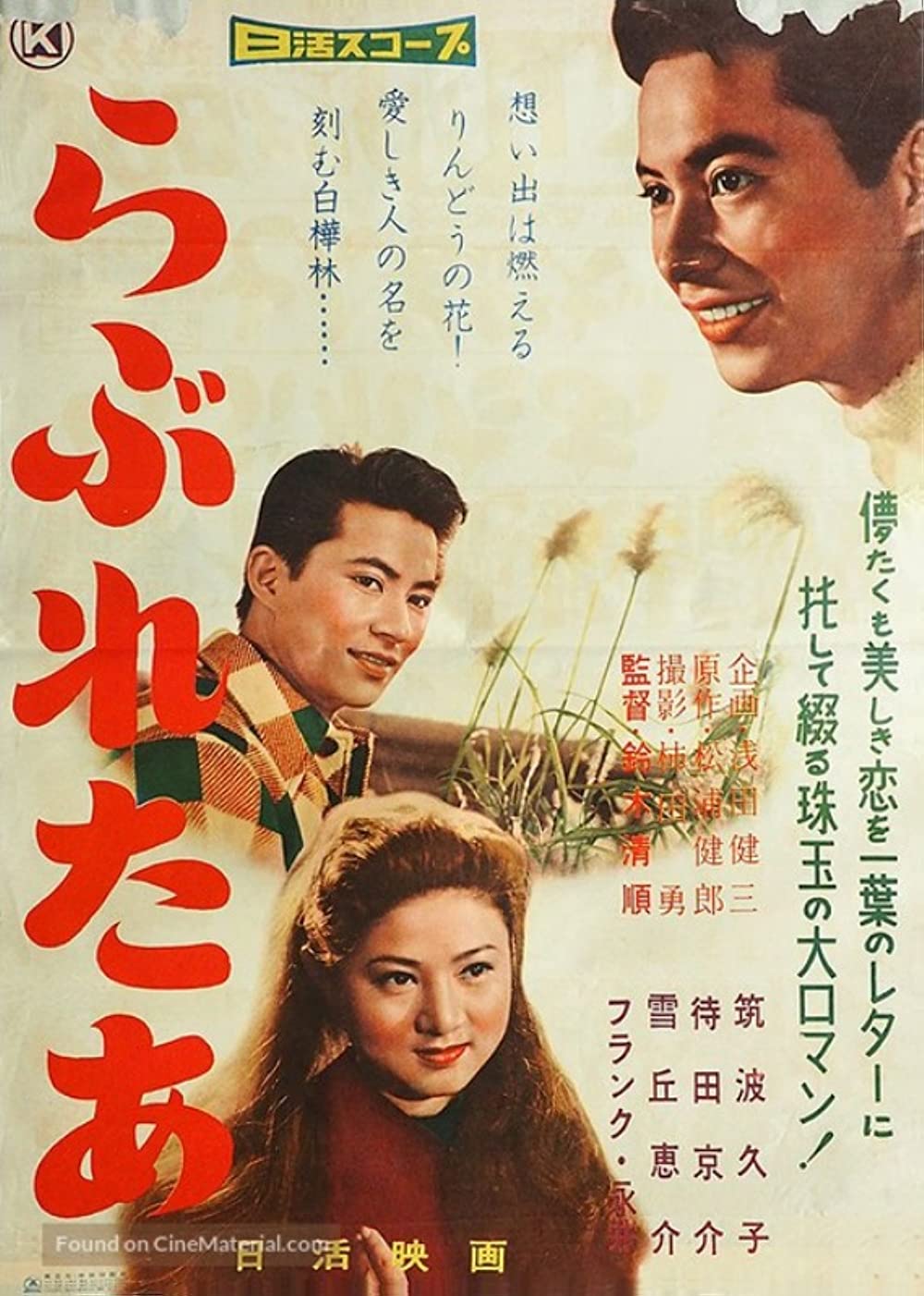
Seijun Suzuki
Seijun Suzuki, born Seitaro Suzuki (24 May 1923 – 13 February 2017), was a Japanese filmmaker, actor, and screenwriter. His films are known for their jarring visual style, irreverent humour, and entertainment-over-logic sensibility. He made about 40 films for the Nikkatsu Company between 1956 and 1967, working most prolifically in the yakuza genre. His increasingly surreal style began to draw the ire of the studio in 1963 and culminated in his ultimate dismissal for what is now regarded as his magnum opus, Branded to Kill (1967), after what he was blacklisted for 10 years. As an independent filmmaker, he won critical acclaim for his Taishō trilogy, Zigeunerweisen (1980), Kagero-za (1981) and Yumeji (1991). His films remained widely unknown outside Japan until a series of theatrical retrospectives beginning in the mid-1980s, home video releases of key films such as Branded to Kill and Tokyo Drifter in the late 1990s and tributes by such acclaimed filmmakers as Jim Jarmusch, Takeshi Kitano, Wong Kar-wai and Quentin Tarantino signaled his international discovery. Suzuki continued making films, albeit sporadically.
